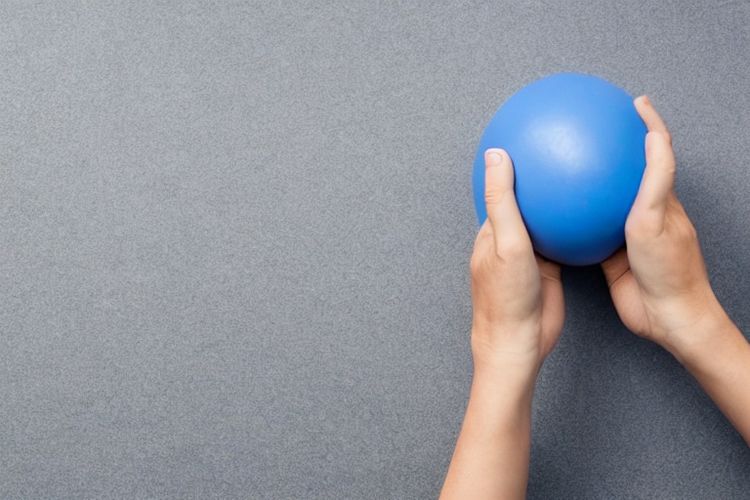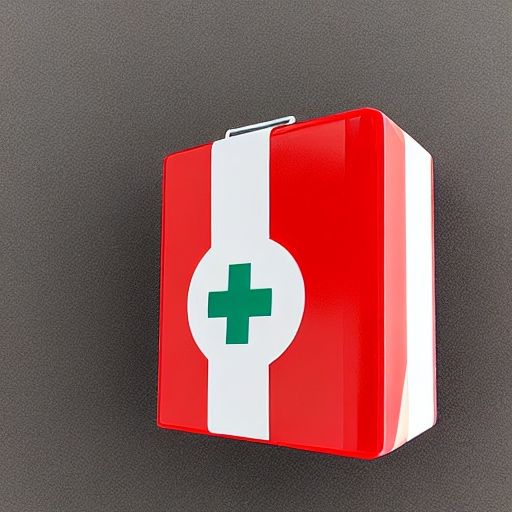An Essential Life Skill: Learning Mental Health First Aid for Everyone

An Essential Life Skill: Learning Mental Health First Aid for Everyone
In today’s fast-paced and demanding world, it is essential to acknowledge the critical role mental health plays in our overall well-being. Many of us have been trained in basic first aid skills to provide immediate assistance during physical emergencies, but what about mental health emergencies? Just as it is crucial to know how to administer CPR or stop bleeding, it is equally vital to have the knowledge and skills to provide Mental Health First Aid (MHFA) when someone is experiencing a mental health crisis.
Mental health issues affect millions of people worldwide, creating a tremendous burden on individuals, families, communities, and even entire nations. According to the World Health Organization, approximately one in four people globally will experience a mental health disorder at some point in their lives. Yet, despite its prevalence, mental health remains stigmatized and often misunderstood. This lack of awareness perpetuates the ongoing cycle of suffering for those who desperately need support.
MHFA seeks to bridge this gap by equipping individuals with the tools to offer immediate help and support to someone going through a mental health crisis. The goal is to prevent the situation from escalating, promote recovery, and guide the affected person towards appropriate professional care.
Similar to traditional first aid, Mental Health First Aid is founded on the ALGEE framework: Assess, Listen, Give support, Encourage professional help, and Encourage other supports. These five steps serve as a roadmap for non-experts to provide initial assistance until professional help becomes available.
The first step, ‘Assess,’ involves recognizing the signs and symptoms of mental distress or crisis. This includes observing changes in behavior, emotional distress, unusual thoughts, or other concerning indicators. By acknowledging these signs, one becomes better equipped to intervene and provide appropriate support.
Next comes the vital skill of listening. Active, non-judgmental listening is crucial when someone is facing a mental health crisis. It allows the affected person to express themselves freely while feeling heard and validated. Sometimes, all the person needs is a listening ear and someone who genuinely cares.
Giving support is the next step and involves empathetic understanding and reassurance. Assuring the person that they are not alone and that there is help available can go a long way in alleviating their distress. Raising awareness about mental health resources and options for treatment can provide hope and a sense of empowerment.
Encouraging professional help is vital, as trained professionals are best equipped to provide the appropriate treatment and support. Mental Health First Aiders can inform the affected person about available mental health services and encourage them to seek professional help. This can be anything from suggesting they reach out to a mental health helpline, advising them to make a doctor’s appointment, or recommending they speak with a therapist.
Lastly, encouraging other supports is essential for ongoing care and recovery. Mental health is often complex and may require a collaborative effort from various resources, such as family, friends, and community organizations. A Mental Health First Aider can offer guidance on building a support network tailored to the individual’s specific needs.
Learning Mental Health First Aid is not just beneficial to those in need; it also offers personal growth and development for those who engage in the training. It deepens empathy, reduces stigma, and promotes a culture of care and understanding towards mental health challenges.
Fortunately, many organizations and communities now offer MHFA training programs. These courses provide participants with the knowledge, skills, and confidence to support someone experiencing a mental health crisis. They cover a range of common mental health disorders, including anxiety, depression, substance abuse, and psychosis, among others.
By making Mental Health First Aid training accessible to everyone, we can collectively create a society that is better prepared to support individuals in need. It is an essential life skill that can save lives, reduce suffering, and contribute to promoting mental well-being on a global scale.



